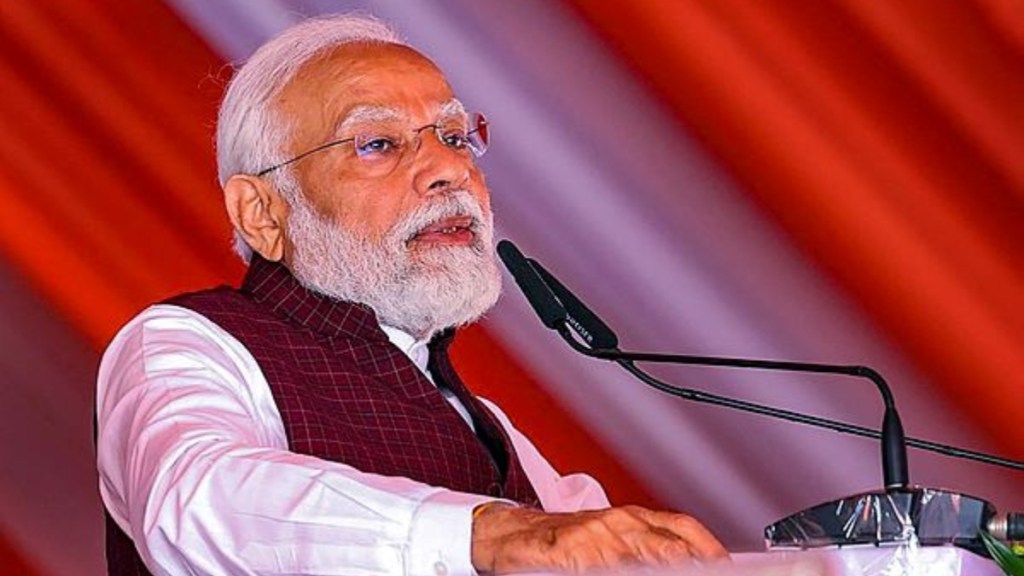As the government formulates policy reforms and interventions to make India a developed nation, a senior government functionary has called upon economic researchers to provide developing scenarios for the next two decades, and give inputs on how to deal with “black swan” events and the limitations of globalisation.
Addressing economists and students at the Delhi School of Economics, PK Mishra, principal secretary to Prime Minister said India should achieve economic, social and environmental sustainability in order to withstand disruptions of the supply chains.
“Geopolitical tensions, declining globalisation and rising economic nationalism, impact of emerging technologies and climate change…. These are some of the challenges we should try to address both in our policy and our actions,” Mishra said.
Listing out a few ideas for economic research, Mishra said the journey to a Viksit Bharat should be through appropriate policies based on facts, logic and analytical vigour.
“Some of those research areas will be developing scenarios for the next two decades. Second, how to address black swan events. Third, addressing issues and limitations of globalization in the next two decades,” he said.
A black swan is an extremely rare event with severe consequences. Reliance on standard forecasting tools can both fail to predict and potentially increase vulnerability to black swans by propagating risk and offering false security. The housing market crash of 2008, which led to the Great Recession, was cited as a black swan event. Some even term the Covid-19 pandemic a black swan event,
The researchers would have to find answers to critical questions like what could be the form of globalization going forward, how it would be revisited, the relevance of the concept of microeconomics to issues of macroeconomics, and the incorporation of artificial intelligence and quantum computing in the economic models.
Due to geopolitical tension, governments are pursuing onshoring and friendshoring of production with consequent impact on transportation, and logistic costs resulting in increased price of products. Recent events (attacks on merchant ships) in the Red Sea have also caused concern for reliance on the global supply chain.
Mishra said export-led development will not be easy, like it was in the case of many East Asian countries, in today’s context.
“Artificial Intelligence poses challenges for growth in service trade and employment because technology might affect the cost competitiveness of countries exporting digital services,” Mishra said.
The challenge of energy transition in the context of focusing on reducing carbon emission, achieving trade-off between economic growth and energy transition is not going to be easy because when we talk about reducing emission and reducing coal, there will be challenges for growth, he said.
There is a need to look at the employment potential of economic growth to maximise India’s demographic dividend.

